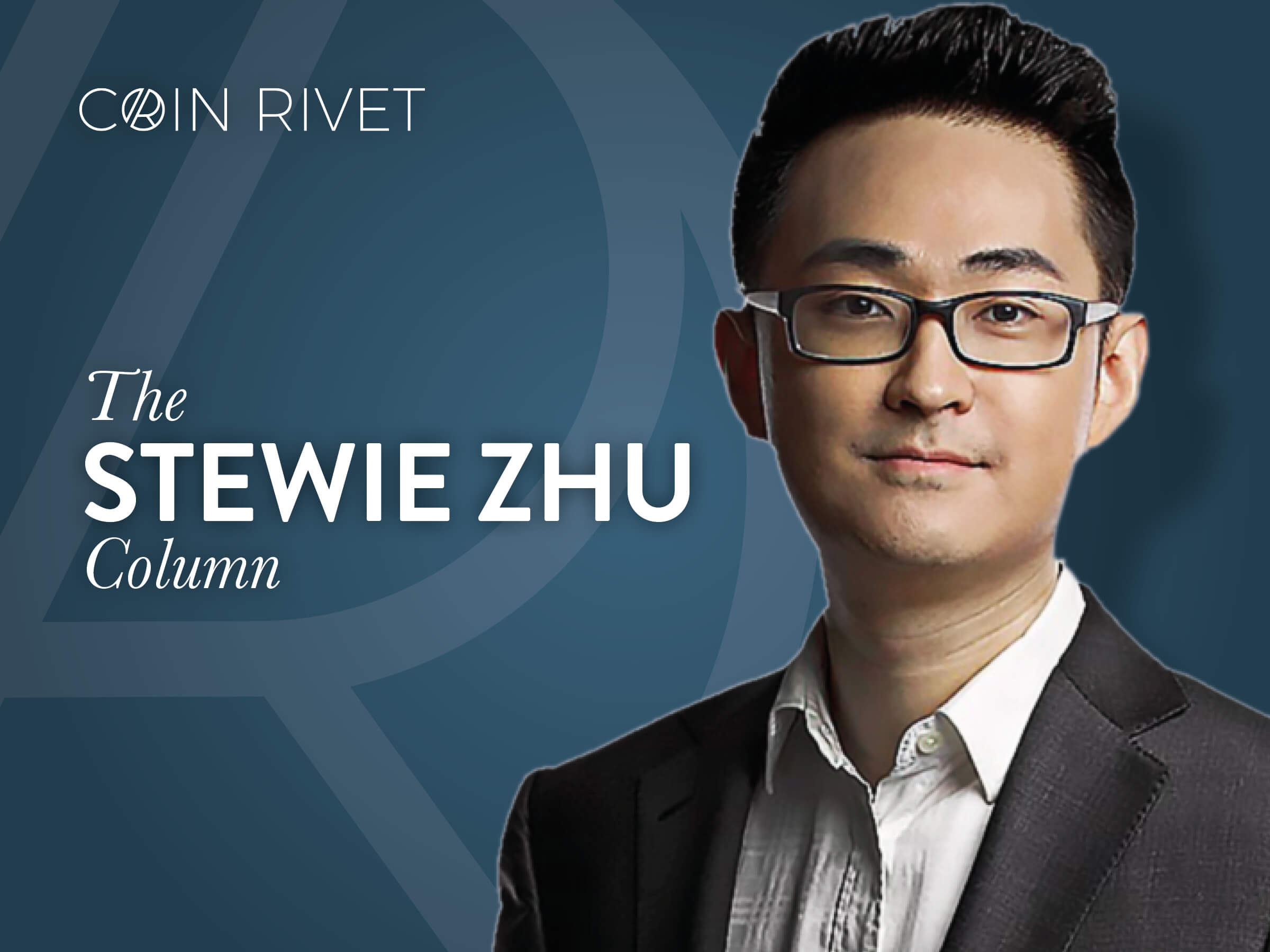

Stewie Zhu column
Joining other nations such as Malta, Singapore and several other blockchain havens, South Korea has become one of the most welcoming countries for the cultivation of blockchain.
While it started along the same path as its formidable Asian neighbour China – with strict regulations and the blanket banning of ICOs set in September 2017, it has since changed its tune and really emerged as one of the most prominent blockchain regions in the world.
Despite the ban, by the end of last year South Korea was responsible for a third of all Bitcoin trades. If you’re following the industry closely, that comes as no surprise. The country accounted for a sizable amount of trades for Ethereum and Ripple as well and became the largest market for Ethereum. So why is the climate in South Korea so inviting?
A lot of it has to do with South Korea’s younger population and its concerning economic situation. The people aspire to grow and become successful and feel that investing in crypto will be their “golden ticket”.
In addition, the nation is very comfortable with mobile payments and the gaming industry, so they naturally adapted to managing cryptocurrencies and the use of wallet addresses – whereas the Western world had a hard time adjusting.
In fact, one-in-three salaried South Koreans are estimated to have invested in coins. Living amidst perpetual fear of their nuclear-charged northern neighbour potentially making a power play against them, South Koreans embraced cryptocurrency as a shining opportunity and they continue to HODL. The government has even decided to follow suit.
In an effort to advance what was coined by the World Economic Forum as the fourth industrial revolution, South Korea (in conjunction with the US) is making good on its promise by making governance more transparent as well as enlisting the help of major corporations like the US’s Microsoft and South Korea’s Samsung to advise on how blockchain technology can improve the lives of consumers.
In the past couple of years, South Korea has set a number of sweeping reforms on regulation and overall industry growth. Historically, they flip-flopped on a lot of their policies (and rightfully so), but some notable moves include (and explained below):
Back in July 2017 (prior to the ICO ban and subsequent reversal), the government made a smart move to monitor the industry by protecting buyers in exchange for legalization. To execute crypto transactions, traders needed to get regulatory approval by the Financial Services Commission (FSC), which mandated a retention of capital of at least 500 million won ($436,300) and data processing facilities.
More importantly, revisions to the laws on income tax and corporate tax would allow financial authorities to tackle tax evasion from the digital currency transactions.
Fast forward to the following July 2018, the government revised existing tax rules to widen benefits for blockchain companies. This included a tax deduction for firms which allocated more than five percent of the previous year’s gross sales to R&D and 10 percent of its R&D investment should focus on new growth technologies such as blockchain.
These changes are planned for the first quarter of 2019.
Back in July 2018, the South Korean government implemented a draft that defines cryptocurrency exchanges as a crypto asset exchange and brokerage. This is significant since it has been now deemed as a regulated financial institution versus their previous moniker as “communication vendors”.
Earlier this month, the South Korean government has agreed to invest $35 million in next year’s budget to develop blockchain technology, in conjunction with the Ministry of Science and ICT, the Ministry of Information and Communication, the Democratic Party of Korea, and others.
This is a major commitment that will give South Korean blockchain companies a huge advantage over their global counterparts as these organisations intend to help with a number of consulting services.
Although the crypto environment in South Korea isn’t without its challenges (five cyberattacks in 2017 – two of which were attributed to North Korea), local exchanges Bithumb and Coinbit are currently two of the top three exchanges in the world by volume. Upbit is among the top 20 exchanges as well.
Besides secondary market activity, there are also a number of organisations that are moving the technology forward. Among many other tech companies making considerable strides in the space, Samsung is looking at blockchain technology for bank certifications and tracking shipments.
It appears that South Korea is fully embracing the new age of blockchain with no signs of slowing down, and the rest of the world is paying close attention.
Stewie Zhu, Founder and CEO of Distributed Credit Chain
Denver, Colorado, 24th February 2025, Chainwire
Denver, Colorado, 20th February 2025, Chainwire
Washington, D.C., 18th February 2025, Chainwire
Dubai, UAE, 27th January 2025, Chainwire
Those who enter the market at this time may be surprised to hear that Bitcoin…
George Town, Grand Cayman, 22nd November 2024, Chainwire